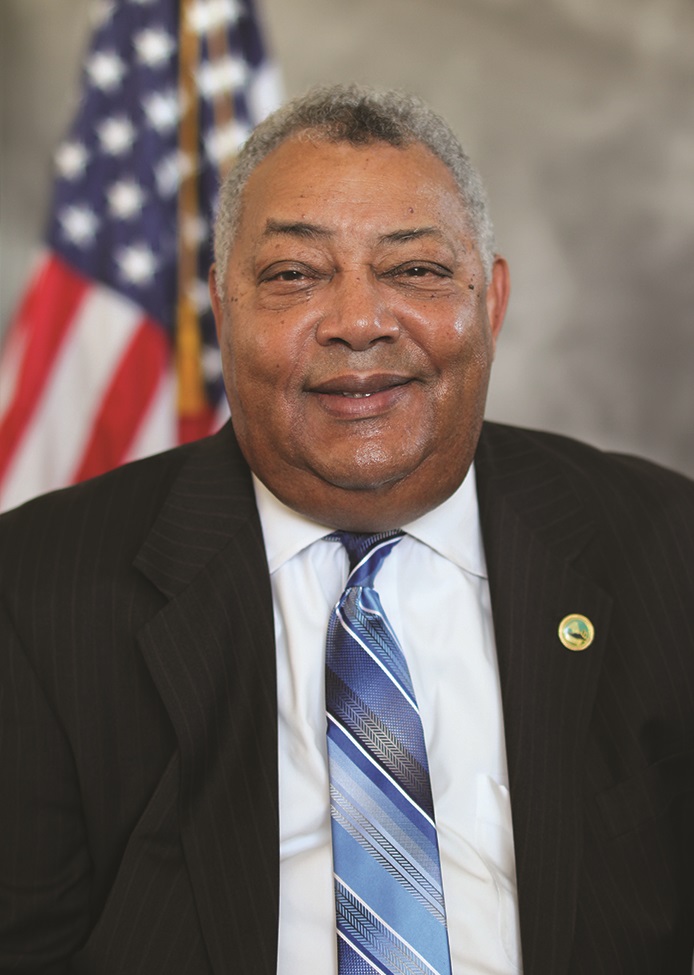“Reparations, the word — Yeah, it frightens a lot of people,” said Al Whitesides, the sole Black member of the Buncombe County Board of Commissioners, prior to an Aug. 4 vote to support reparations for the county’s Black residents. “But sometimes to get over the hump, so to speak, or to be successful, we need to be frightened.”
Fear wasn’t an obstacle for Whitesides and his three Democratic colleagues as they approved the resolution over the opposition of the board’s three Republicans. The county government is now aligned with Asheville City Council, which unanimously passed a similar measure on July 14.
Buncombe’s resolution does not allocate any specific funding for reparations, nor does it mandate direct payments to Black residents. Instead, the county will appoint members to the city’s Community Reparations Commission and prioritize racial equity in areas such as early childhood education, infant mortality and the justice system.
While the county’s language contains similar apologies for racial injustice and calls for state and federal governments to explore reparations, Democratic Commissioner Amanda Edwards emphasized that it was not a “copy and paste” of the city’s resolution. Together with Democrat Jasmine Beach-Ferrara, Edwards said, she’d drafted the document independently to be “authentic to Buncombe County” and draw on the county’s recently completed strategic plan, which sets equity as a “foundational focus area.”
Republicans Anthony Penland and Robert Pressley both pointed to that strategic plan in explaining their votes against the resolution. Because the county had already flagged racial equity as a priority, Penland argued, the commission didn’t need to “pass another piece of paper” about the issue. (He did join the board in a unanimous vote earlier in the night on another resolution declaring racism a public health and safety crisis.)
Pressley also asserted that Buncombe should focus less on its words and more on fulfilling its prior promises. “We need to be working on affordable housing, we need to be working on this education for them, the welfare of them. And when I say them, I’m talking about everybody,” he said.
“I support a lot that’s in [the resolution], but there is just some things, and I would like to see some things changed around,” Pressley continued. The commission’s vice chair did not, however, indicate any specific areas where he disagreed with the resolution’s language.
Meanwhile, Republican Joe Belcher said he viewed his job as directing county spending, not making political statements. He outlined a desire to allocate $1 million — approximately 0.3% of Buncombe’s general fund budget for the current fiscal year — toward programs that would help the Black community, including support for Black-owned businesses, homebuyer education and downpayment assistance.
Following the Republicans’ comments, Beach-Ferrara pushed back on their claims that the commission’s words were unimportant. “They matter when we say our marriage vows, they matter when we say our prayers, they matter when we take our oaths of office,” she said. “The substance will come, the strategies will come, the deliverables will come, about what community reparations mean here. … But this is about setting our sights toward that.”
Support Reparations for Black People Resolution – Buncombe County by Daniel Walton on Scribd




Whitesides should have recused himself from the vote as a proclaimed RACIST. Now, he must be removed.